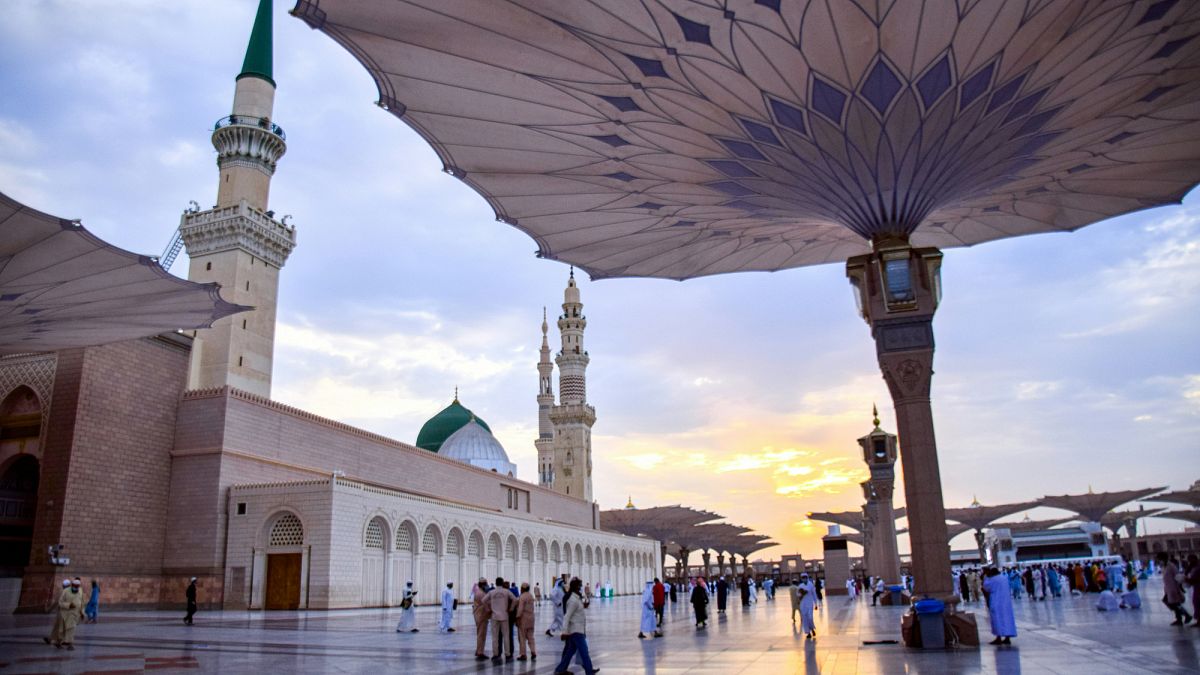

In an increasingly interconnected world, new initiatives and agreements are continually shaping the landscape of international relations and economic cooperation. Recent developments involving the Gulf countries, the European Union, Japan, India, and the United Kingdom highlight these global efforts to enhance connectivity and economic partnerships.
A significant stride towards easing travel in the Gulf region has been announced with the introduction of a Schengen-style visa. This new system is set to facilitate seamless movement between Gulf countries, promoting tourism and economic collaboration. The initiative aims to simplify travel logistics, allowing travelers to explore multiple countries within the area during a single trip. Such advancements are indicative of the region’s commitment to fostering a cohesive and interconnected environment for both visitors and residents.
Meanwhile, on the economic front, a notable summit saw the European Union and Japan affirming their dedication to a rules-based international order, amidst ongoing trade discussions with the United States. This summit emphasized the importance of strategic partnerships and the need for diplomatic negotiation in resolving complex trade issues. The EU and Japan, while sharing common goals, displayed unique approaches in their dealings with the U.S., showcasing the delicate balance necessary in international diplomacy.
In a related development, the United States and Japan have reached a trade agreement that lowers a previously threatened tariff to 15%. This agreement marks a significant resolution after weeks of intense negotiations that had stirred economic uncertainty in Tokyo. The U.S. president announced the deal, highlighting Japan’s commitment to investing $550 billion into the United States, a move expected to enhance economic ties and benefit both nations. This development also comes amid speculation regarding the political future of Japan’s Prime Minister, Shigeru Ishiba, underscoring the interconnected nature of economic and political landscapes.
Further afield, the U.K. and India have entered into a landmark trade agreement during a state visit by India’s Prime Minister, Narendra Modi, to London. This agreement is particularly meaningful for both countries, with Britain looking to establish significant trade partnerships post-Brexit and India securing its first major free trade pact outside Asia. The deal is expected to boost Britain’s automotive and whisky industries while providing India with visa concessions. Analysts view this agreement as the foundation for a long-term economic partnership, amidst broader global trade tensions.
These developments reflect a global drive towards strengthening economic ties and facilitating smoother travel across nations. As such agreements and initiatives unfold, they contribute to a framework that seeks to enhance global cooperation and prosperity, fostering a more connected and peaceful international community.
Source: {link}
